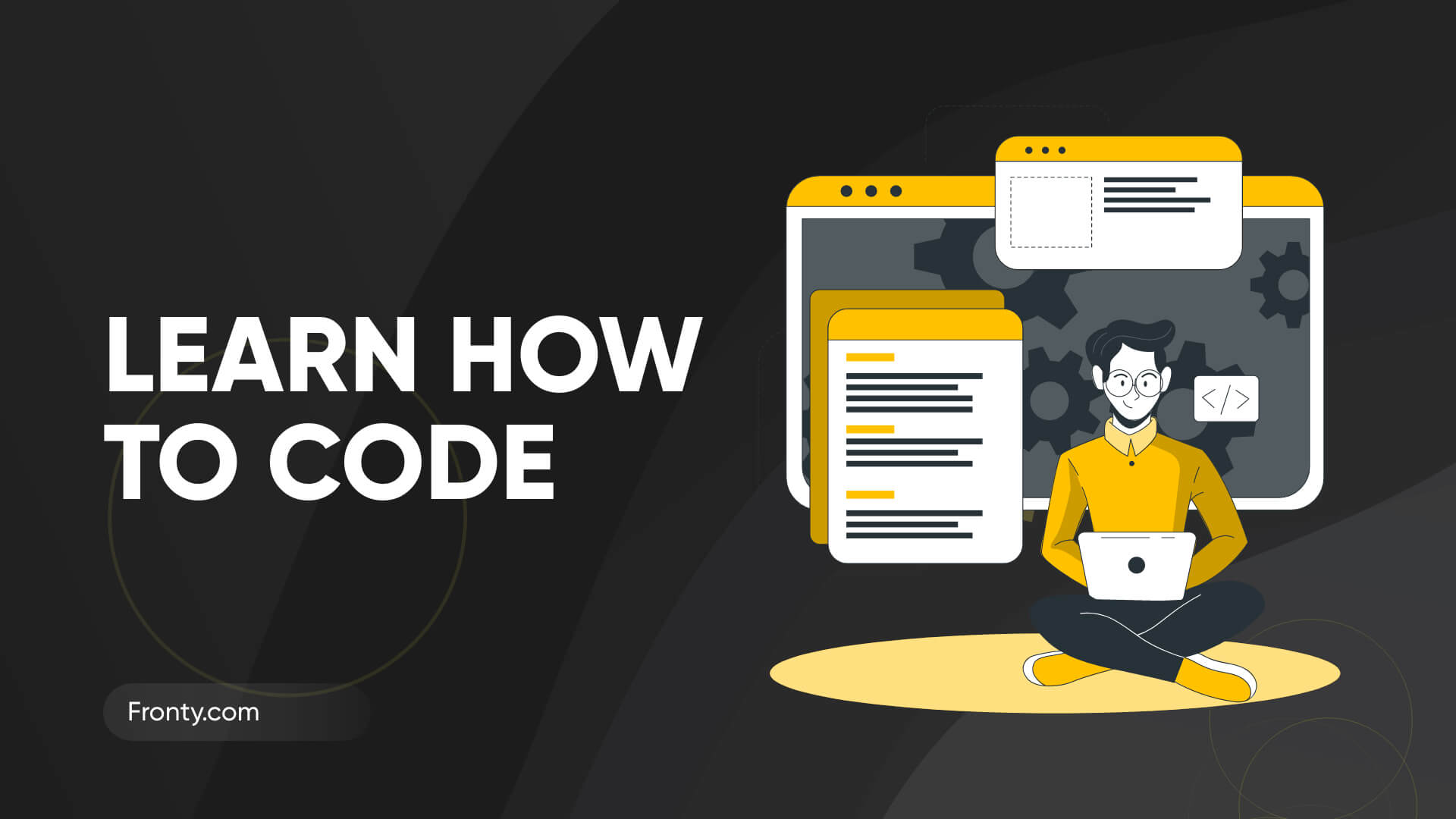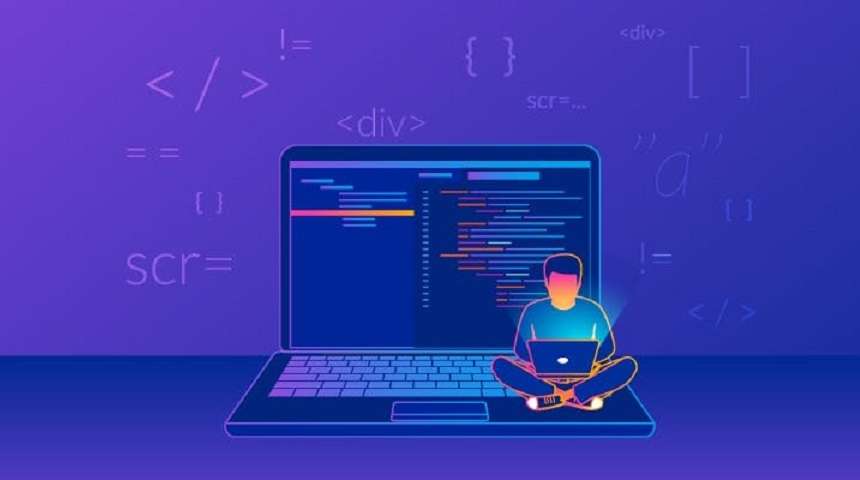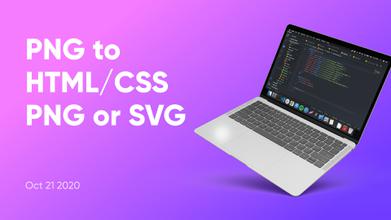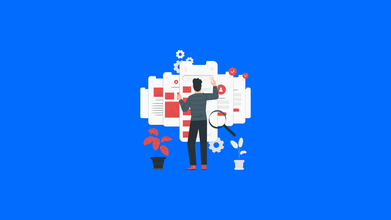Learn How to Code: The Beginner’s Guide
Jul 07, 2021 12542 seen
What is Programming?
You probably interact with computers daily, but let's be specific about what we mean when we talk about computers and programming. Programming tells the computer how to receive, process, and then store this data. When someone writes a program, that person gives the computer a set of commands to follow. Programming, at its core, takes a big problem and breaks it down into smaller and smaller problems until they are small enough that we can tell the computer to solve the problem.
We are going to discuss what programming languages are, what are the main differences, and where you can learn them.
What Are Programming Languages?
At their core, computers operate with a series of microscopic switches, and when we write code, we toggle them on and off - just like a light switch! Computers use a number system called binary to turn these switches on and off. The binary system is a number system of ones and zeros, as opposed to our decimal system, which uses 0-9.
Fortunately, many really smart people have figured out how to talk to our computers without zeros and ones until our time. Instead, we use programming languages that can be interpreted by our computer, much like language translators can translate from Spanish to English, or even from English to sign language. They look more like English than binary, but they still have a lot more characters and fewer ways to do anything than in natural language. There are many programming languages, like all over the world. Some of them, like Assembly or C, are very low-level and not quite like the way we speak. Others, like Python and Ruby, are very similar to human language. These languages are used for various tasks, for example, HTML, CSS, and JavaScript are used to write websites, while C is used to write your operating system. They changed a lot over time - old programmers used punched cards and fed them to the computer instead of typing code on their computers!
Why Should I Learn To Code?
As noted above, coding is an exciting new field that opens up a world of possibilities for people who want to learn. Despite what you may have heard, learning to program is not that difficult, especially when compared to the skills required to get the most skilled job.
The average person can learn the basics of programming for beginners quickly enough to start writing their simple programs in a couple of weeks.
A few months of hard work will give you fluency in at least one programming language. Working hard to learn programming for beginners over a few months should give you all the skills you need to become a professional programmer.
Here are some of the reasons why you should learn to program:
- Coding is fun! Imagine you have the skills to build your websites from scratch, be able to create responsive mobile games and be able to program data analysis packages. If you learn to program, you can do all this and more in a fun and exciting way!
- Coding will give you valuable skills. Learning programming for beginners will give you enough skills and experience to pursue a career as a programmer or programmer.
- Learning programming will keep you safe. Likewise, the opportunity to pursue a career as a programmer will give you significant confidence in your work. Coders and programmers are in demand all over the modern world, which leads to a large number of jobs in this field.
Now, let’s discuss a few steps that will help you to learn to code, especially if you are a beginner.
Step 1: Understand Why You Want To Learn How To Code

Now, the first thing you need to do - before you even think about enrolling in courses or watching YouTube videos about programming - is to ask yourself why you want to learn to code.
Sit down and think carefully about what you hope to get out of it, why programming is a skill you want to learn, and how much time and money you have for it.
Step 2: Choose The Right Languages

Different types of programming require different skills. For example, to learn how to code a website, you should learn languages like HTML, CSS, Java, and JavaScript.
Step 3: Choose The Right Resources To Learn To Code

There are many different ways that you can learn how to code, but below, we highlighted some of them.
You can take online coding courses - one of the best ways to get to know a new programming language.
YouTube Videos: Online videos and video tutorials are great resources to help you understand complex concepts. You should use them in conjunction with an online course or other learning coding method for beginners.
Step 4: Practice Writing Your Code

Once you have a basic working knowledge of your chosen language, you will need to start creating your code and programs. While it may seem like a long way off, you will be surprised at how quickly you progress when you start learning.
Step 5: Keep Learning

In a sense, programming languages are like any other language. They require regular practice, and you will forget things if you don't practice using them. Therefore, it is very important to learn something new every day.


